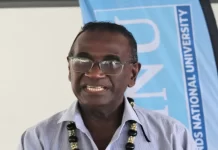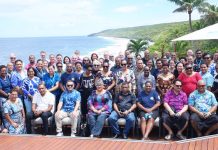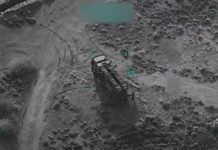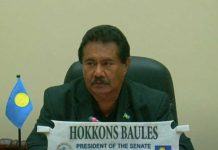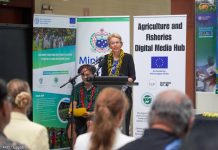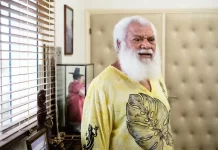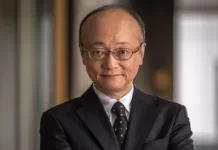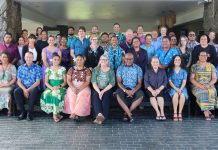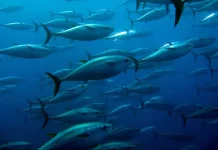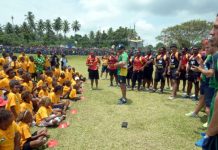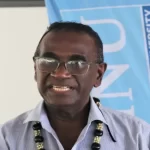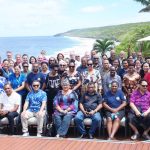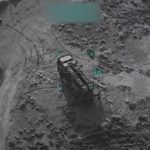As Dr Peter Maima stepped onto the stage at the Fiji National University (FNU) graduation ceremony to receive his doctoral scroll, it felt almost unreal.
“The whole ceremony felt like a dream,” he recalled.
“I was sitting there thinking, is this real? Then I walked up, and I felt 700 eyes on me. It was the greatest feeling I’ve ever had.”
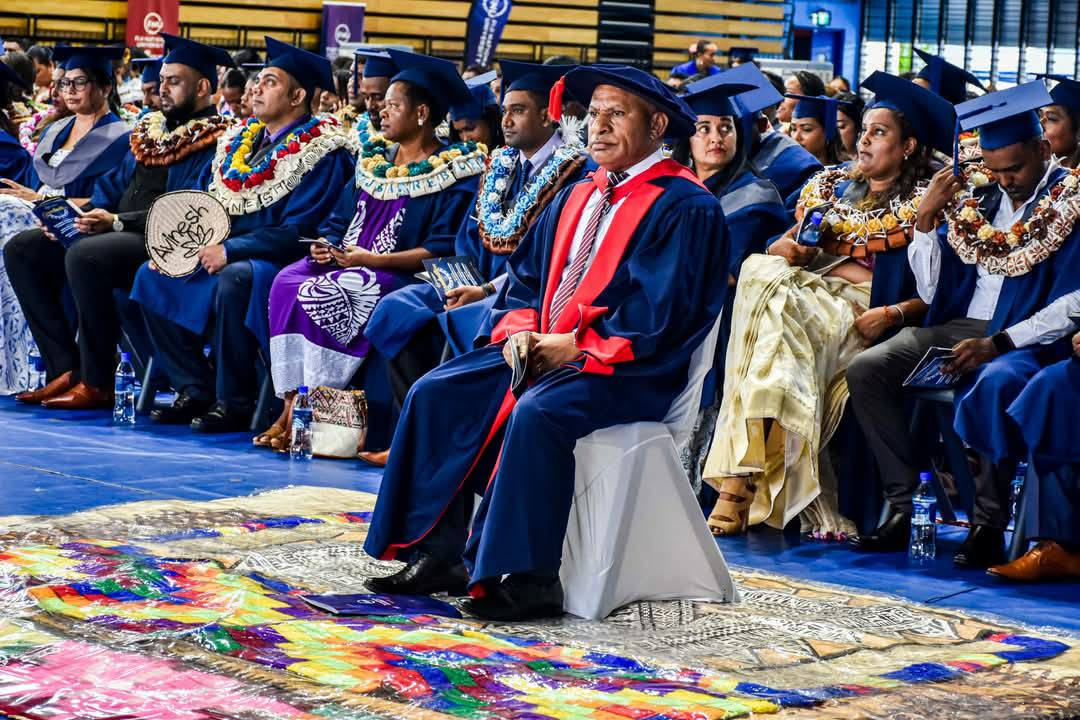
A Journey of Resilience
But that moment was far more than an academic milestone, it marked the end of an eight-year journey defined by loss, sacrifice, resilience, and unshakable faith.
From the remote highlands of Papua New Guinea to becoming the first male PhD graduate from FNU’s College of Business, Hospitality and Tourism Studies, Dr Maima’s story is a powerful reminder of what perseverance can achieve.
Life tested him long before school ever did.
“I lost my dad at four and my mum at six,” he shared. “I moved from family to family, and I could feel when I was accepted — and when I wasn’t.”
It was his older brother who eventually took him in and raised him as his own.
“I used to call him Dad. His wife? Mum. They became everything to me.”
He grew up in a home where he learned to fend for himself early on; cooking, cleaning, and navigating life with maturity beyond his years.
“These experiences made me who I am. They taught me independence and shaped my values. It’s not bad to face hardship early, it builds character.”
From Health Leadership to Research Aspirations
For two decades, Dr Maima worked in PNG’s health sector as a manager. But even as he served in leadership roles, he was troubled by a lingering question: how could the quality of healthcare service be improved?
“Everyone, from the Department of Health to senior clinicians, talked about the challenges in service quality. After my Master’s, I knew I needed to go deeper, to research ways we could do better.”
That drive led him to a European Union-funded climate change education scholarship in 2014 facilitated by FNU.
“I arrived in Fiji in July 2017, full of hope,” he said.
“But I quickly realised FNU was still a young university, barely nine years old. There was no dedicated research infrastructure, no postgraduate office, no roadmap. I had to figure everything out on my own.”
He switched supervisors four or five times. The stress took a toll, he was hospitalised twice for depression and stress, and when the COVID-19 pandemic hit, he had to return to PNG, cut off from his research and university support for an entire year.
“At one point, I thought it was over,” he admitted.
“I lost contact with FNU. I had invested so much, my time, energy, resources; and it felt like it was all for nothing.”
Yet, even during his darkest days, Dr Maima found strength through faith and friendship. A fellow student from PNG, whom he met through campus fellowships, became his rock.
“We were from different provinces, but we connected through spiritual activities. He never left me, and I followed him everywhere. When he heard about my graduation, he said, ‘I’m coming, no matter what.’”
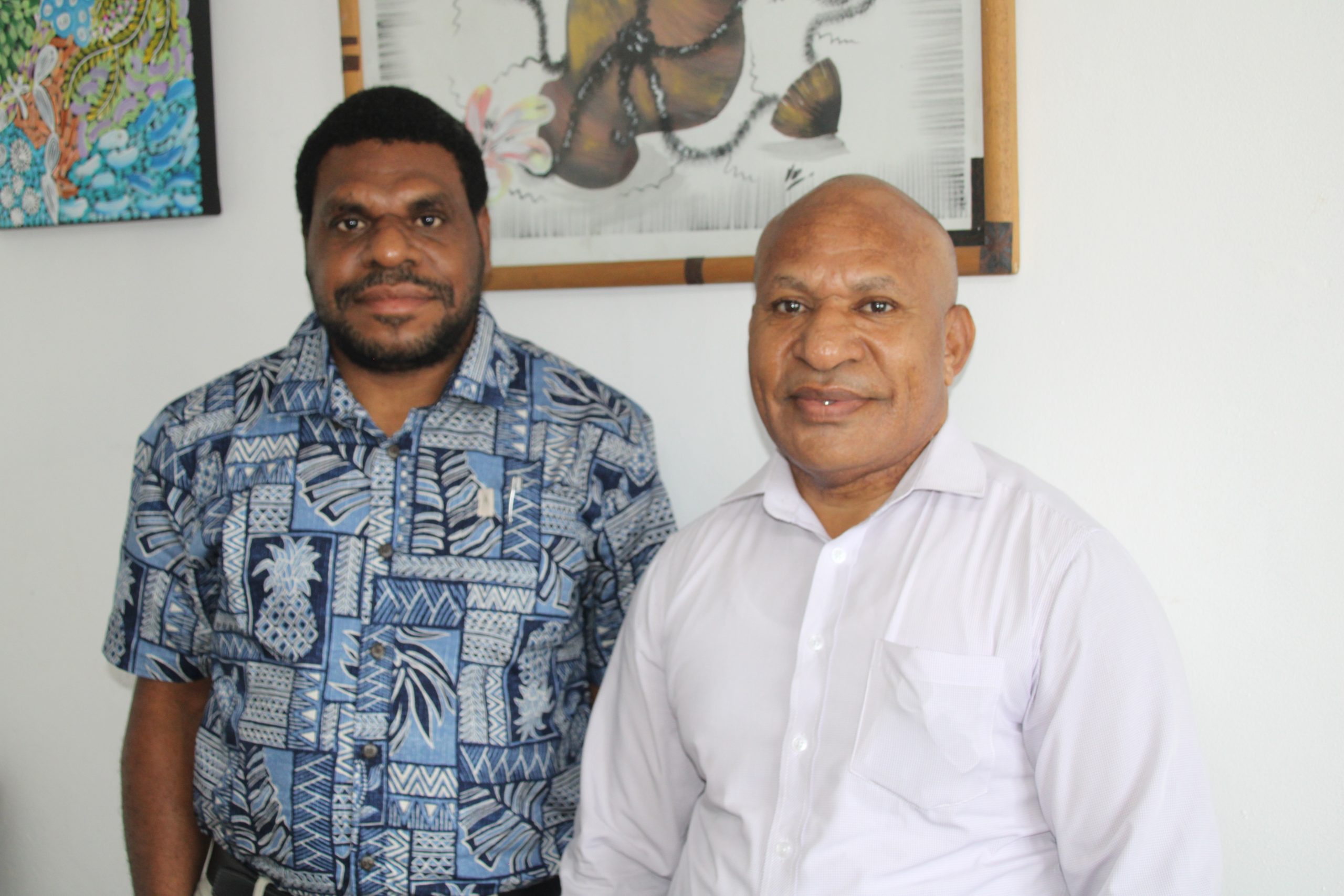
Everything changed with one phone call.
“A year later, FNU called and offered me a new supervisor, Dr Avanish Shukla. He believed in me. No matter the problem, he’d say, ‘We’ll work it out.’ He pushed me to the finish line.”
Groundbreaking Research for Pacific Healthcare
Dr Maima’s research focused on multi-level workforce empowerment and its impact on healthcare service quality, particularly in resource-constrained settings like PNG and the Pacific.
“I wanted to understand how empowering staff at different levels – governance, leadership, frontline – could lead to better outcomes. Not just through physical tools, but by boosting morale, motivation, and opportunities for growth.”
To validate his research tools, he piloted them at CWM Hospital in Suva before rolling them out to four major hospitals in PNG. He adapted his methods after realising the sensitivity of asking healthcare workers for identifiable information, which made some reluctant to answer honestly.
“In PNG, I modified the questionnaires, no names, no signatures. That helped people open up. And because I had connections in the health system, it was easier to collect data.”
His findings now contribute to recommendations for the PNG Ministry of Health, with the potential to shape regional policy frameworks.
Family, Sacrifice, and Shared Success
Throughout his doctoral journey, family remained his grounding force. His wife joined him in Suva with their two young daughters, then aged three and five, while she pursued an Executive MBA.
“We almost lost our minds,” he laughed. “She went to evening classes, I stayed with the kids, then we swapped.”
He credits his wife as his biggest motivator. “She always said, ‘Have faith. If this is what God wants you to do, He will provide.’”
When he finally graduated, the girls stayed home from school to watch the livestream with their mum back in PNG.
“My wife cried. It was overwhelming,” he said.
Even today, they continue to inspire one another.
“When my daughters see me reading, they grab their books. When I write, they scribble beside me.”
And they’ve learned that hard work pays off.
“If they ask for money, I tell them: wash the car or do laundry first,” he chuckled. “Nothing comes free. Now that Daddy has a PhD, they must aim higher, become professors.”
Despite his academic success, Dr Maima remains grounded.
“A PhD doesn’t make you better than anyone else. Attitude matters most.”
Inspiration for the Next Generation
Now serving as Executive Director for Research and Development at PNG’s Department of Justice and Attorney General, while teaching part-time, Dr Maima sees his achievement as just the beginning.
“I didn’t come this far just for myself. I’m ready to give back – to PNG, to the Pacific.”
A Message to Pacific Youth
His message to the region’s youth is simple but powerful: “dream and work”.
“You can’t have just one. I dreamed of this PhD 15 years ago. That dream carried me when life hit hard.”
“I came from a farming family. Nothing was easy. But don’t let your background define your future. Life will test you, but if you stay strong and keep going, you’ll finish the race.”
“I look back now and think — yes, it was tough. But every challenge taught me something. And that makes it all worth it,” he said.


